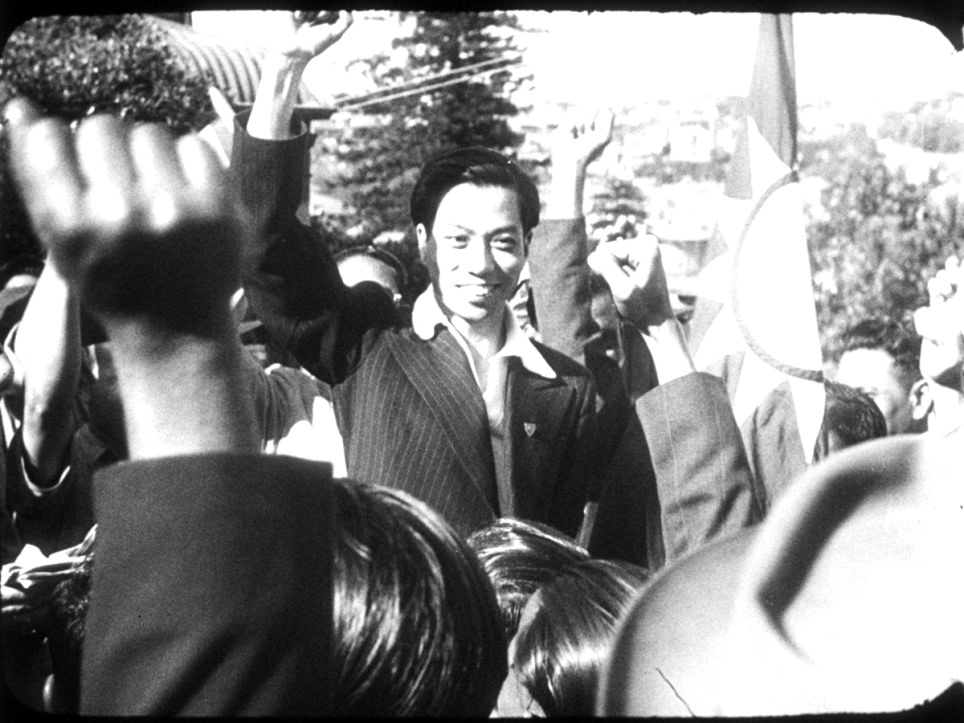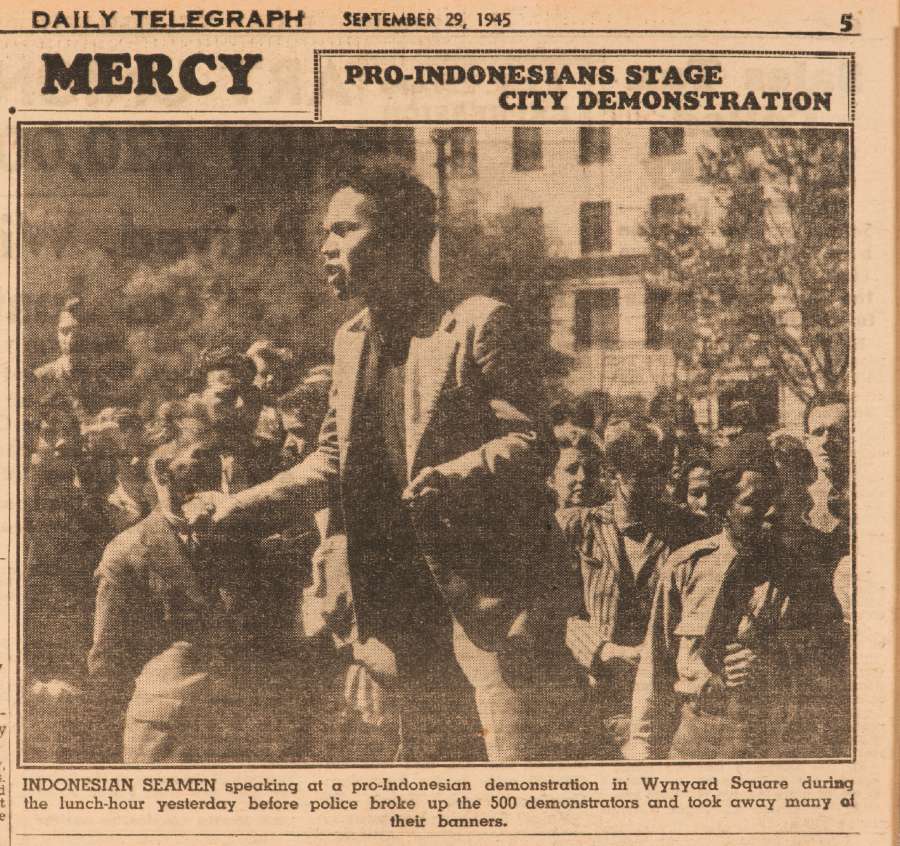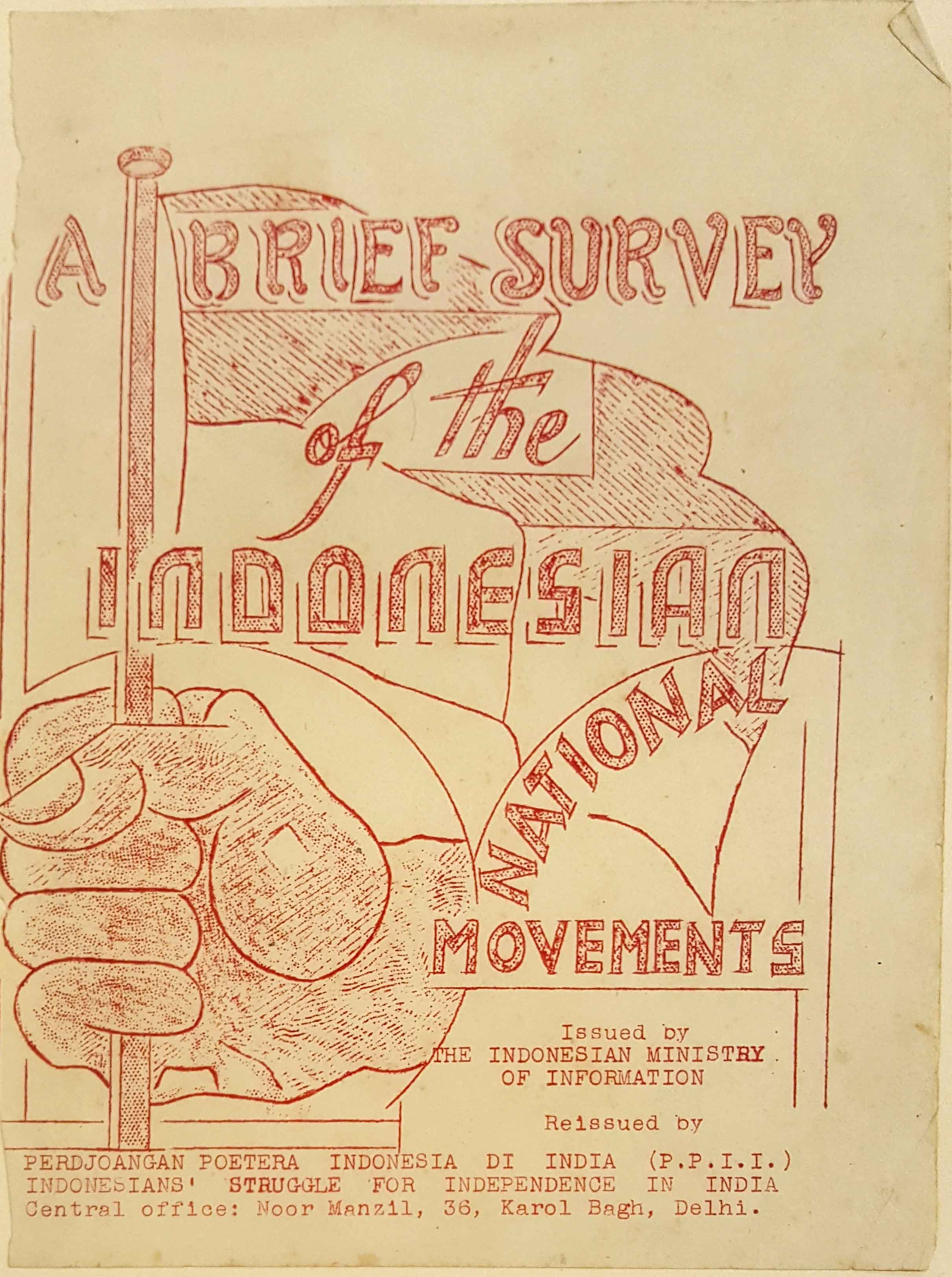

75 years ago, on 17 August 1945, Indonesia declared its independence as a nation. In support of the young republic Joris Ivens filmed in October and November 1945 the boycot actions of maritime workers (the Black Armada) from various nationalities in the harbour of Sydney: Indonesia Calling. On August 26th 2020 the Indonesian ambassador opened in the National Maritime Museum of Australia, situated on Sydney's waterfront, an on-line exhibition about the relationship between Australia, Indonesia and The Netherlands.

During the past three years the travelling exhibition Black Armada /Hiram Armada about the boycot actions of waterfront workers in Australia in support of the Republic of Indonesia was presented in seven cities such as Sydney, Yogyakarta, Djakarta, Surabaya, Makassar and Denpasar. Now the physical exhibition is over, the on-line exhibition of the National Maritime Museum of Australia keeps the story and personal testimonies alive, both in English and in bahasa Indonesia. See:
https://www.sea.museum/2015/08/17/black-armada/
and
https://www.sea.museum/whats-on/exhibitions/two-nations
The fact that the film pamphlet Indonesia Calling, made by Joris Ivens in October and November 1945, assisted by Marion Michelle and Katherin Duncan, wasn't banned in Australia had to do with the policy of prime-minster Chifley of the Labour party. While the Dutch government fooled the Australian government by using mercy-ships with munition to leave from Australian harbours and start a war in Indonesia, Chifley stood firm in defending the priciples of the Atlantic Charter. He was in favor of a policy in which a new balance in the region between Australia and the young republic could be based on good neighbourship.

From the initial actions of maritime workers who boycotted Dutch ships returning to re-colonise Indonesia after World War II, to Australia co-sponsoring the admission of Indonesia to the United Nations in 1950, the bonds between the two nations were both personal and political. This is also the story of Indonesians who came to Australia during World War II and met and married Australians. Indonesia Calling is not only a film about 'The ships that didn't sail', it is also a film about an Australian society in which people from various countries and with various religious and political backgrounds can live together in harmony. One of the characters of Indonesia Calling is the Chinese Arthur Gar Lock Chang, one of the activists supporting the boycot actions and demonstrations. His story is important to understand the context of the film and conflict and how world politics at large affected individual lives of people. See: https://www.sea.museum/2015/08/17/black-armada/arthur-gar-lock-chang-19212016



Leaflet about the Indonesian National Movements, Joris Ivens Archoives/ European Foundation Joris Ivens, Nijmegen.
